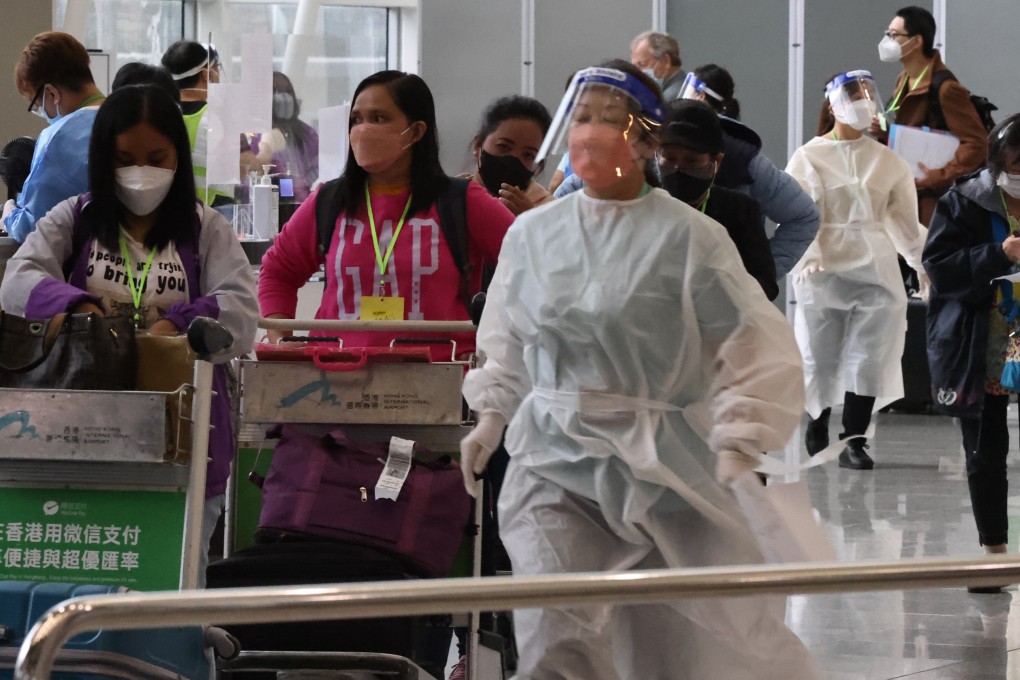My Take | It’s time to go from zero-Covid to zero Covid restrictions
- Hong Kong must find its own way of bringing life back to normal for the good of its economy, status as an international city and the mental health of its residents

The long-awaited slashing of quarantine time for arrivals to Hong Kong has provided welcome relief for troubled travellers. Thousands have been released early “on parole” from incarceration in hotels. Many residents will now start planning their first holiday since the pandemic began.
The reduction from seven days to three, followed by four days of “medical surveillance”, will, however, still prove too high a barrier for most visitors. The move, on Friday, is clearly a step in the right direction. But what does the destination look like and how long will it take to get there?
Seen in the context of Hong Kong’s strict Covid-19 regime, the cut in quarantine is significant. It is a little more generous than expected. And it comes at a time when the city is still logging more than 4,000 cases a day. In the past, this level would have been seen as a crisis requiring a tightening of restrictions. After all, we began the year with quarantine set at a staggering three weeks.
New Chief Executive John Lee Ka-chiu says the goal is to end quarantine for travellers altogether. Hurrah! But he does not want to move too quickly and then have to roll back measures. He has a point. The uncertainty caused by constant changes to rules led to a sense of helplessness. It is better to move in one direction – that of opening up.
Lee is walking the delicate political tightrope of being seen to be adhering to mainland China’s “dynamic zero-Covid” policy while also trying to open the city up. It is not an easy task.
But the antivirus measures awaiting arrivals in Hong Kong remain onerous. Three days shut in a hotel room, with four more spent at home. During those four days, people are permitted to go to work or school, to shop and use public transport. But a yellow health code prevents them from visiting restaurants, bars or gyms.
